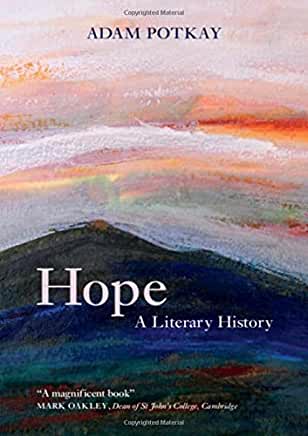
description
ng when Ken Graham's ex-wife stumbles through the front gate of his sheep farm, having walked, inexplicably, from the hospice facility where she has been spending her last days. Lena, suffering through a rare form of dementia compounded by a brain tumour, is convinced she is Gilgamesh, the main character of the epic Persian poem that made up her academic life's work.
Lena's arrival draws in and galvanizes the people that make up Ken's-and her-life, demanding they make a change; from Sheena, their daughter, who has kept the father of her son a secret from him, to Asher, the career-driven son of Lena and her previous husband, whose resentment toward Ken and his family has prevented him from seeing his life clearly; from Jessica, one of Lena's care workers, a closeted lesbian from a Scottish Presbyterian family, to Janis, Ken's openly gay farmer-neighbour, with her own conservative upbringing as the daughter of a Rabbi.
For Ken, Lena's arrival brings on an onslaught of remembered feelings, lost dreams, and compassion for the woman who broke his heart. For himself and everyone else, it is a reminder of the unyielding reach death has into all our lives, the constancy of change, and the need to rise to the challenges life sets before us. In the face of certain death, everyone must learn we cannot hope to chase time any more than we can hope to outrun it.
There are times in one's life when fate's fingers flick us in the ear and awaken us from our self-imposed slumber to face providence, confront our fears, and recognize that life and necessarily death, not our longings, triumph-this weekend in May is such a time.
Lena's arrival draws in and galvanizes the people that make up Ken's-and her-life, demanding they make a change; from Sheena, their daughter, who has kept the father of her son a secret from him, to Asher, the career-driven son of Lena and her previous husband, whose resentment toward Ken and his family has prevented him from seeing his life clearly; from Jessica, one of Lena's care workers, a closeted lesbian from a Scottish Presbyterian family, to Janis, Ken's openly gay farmer-neighbour, with her own conservative upbringing as the daughter of a Rabbi.
For Ken, Lena's arrival brings on an onslaught of remembered feelings, lost dreams, and compassion for the woman who broke his heart. For himself and everyone else, it is a reminder of the unyielding reach death has into all our lives, the constancy of change, and the need to rise to the challenges life sets before us. In the face of certain death, everyone must learn we cannot hope to chase time any more than we can hope to outrun it.
There are times in one's life when fate's fingers flick us in the ear and awaken us from our self-imposed slumber to face providence, confront our fears, and recognize that life and necessarily death, not our longings, triumph-this weekend in May is such a time.
member goods
No member items were found under this heading.
Return Policy
All sales are final
Shipping
No special shipping considerations available.
Shipping fees determined at checkout.







